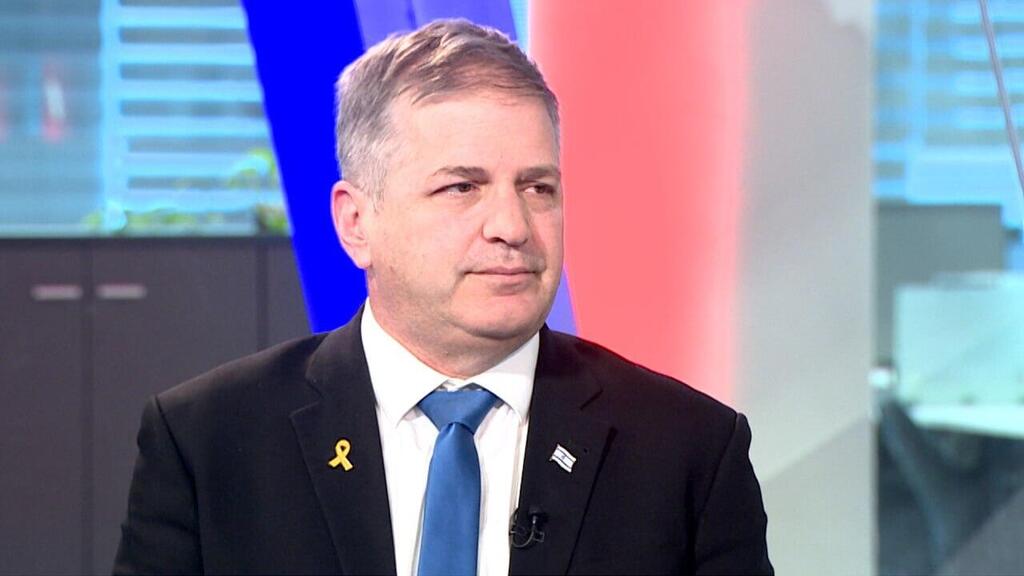Minister of Education Yoav Kisch announced on Friday afternoon the suspension of the artificial intelligence system that was implemented in the state-religious education system, citing "numerous complaints and reports about issues that arose during its use."
2 View gallery


The Hebrew conversation, AI refuses to classify Sinwar as a terrorist, saying question is 'political'
The AI system for state-religious education was designed differently from the system for general state education due to the unique requirements of the state-religious education framework. However, the decision to suspend the system was made after teachers and parents in the religious education sector who tested the platform complained that it contained inappropriate images and content.
Get the Ynetnews app on your smartphone: Google Play: https://bit.ly/4eJ37pE | Apple App Store: https://bit.ly/3ZL7iNv
One of the central complaints, which also gained attention on social media, revolved around a conversation with the system. When asked if Baruch Goldstein was a terrorist, the system responded that his actions constituted an act of terrorism. However, when asked whether Yahya Sinwar's actions on October 7 should also be considered terrorism, it refused to answer, citing that the question was political in nature.
The initiative to establish the system, called "AI for All," was intended to integrate AI systems across all levels of the education system, aiming to "prepare the next generation for a technological and dynamic workforce." As part of the program, students were expected to learn how to use AI tools for independent learning, problem-solving, and responsible use of information.
Teachers, for their part, were intended to use AI to improve their teaching methods, adapt to the changing world, and become mentors and guides. The use of artificial intelligence was expected to enable personalized learning for each student, similar to the "Century Tech" platform in the UK, which analyzes student performance and offers them individualized learning pathways.
As part of the system's development, the Ministry of Education partnered with leading technology companies, including Microsoft, Google, Apple, Palo Alto, Motorola, Monday, and the Israeli Association of Advanced Industries (IATI). Hundreds of experts from the high-tech sector were recruited as mentors to accompany school education teams. Last month, the Ministry of Education called on additional mentors to join the initiative and "contribute to shaping the future of education in Israel." To support this effort, the ministry launched an online course to train volunteer mentors in teaching AI to education teams.



